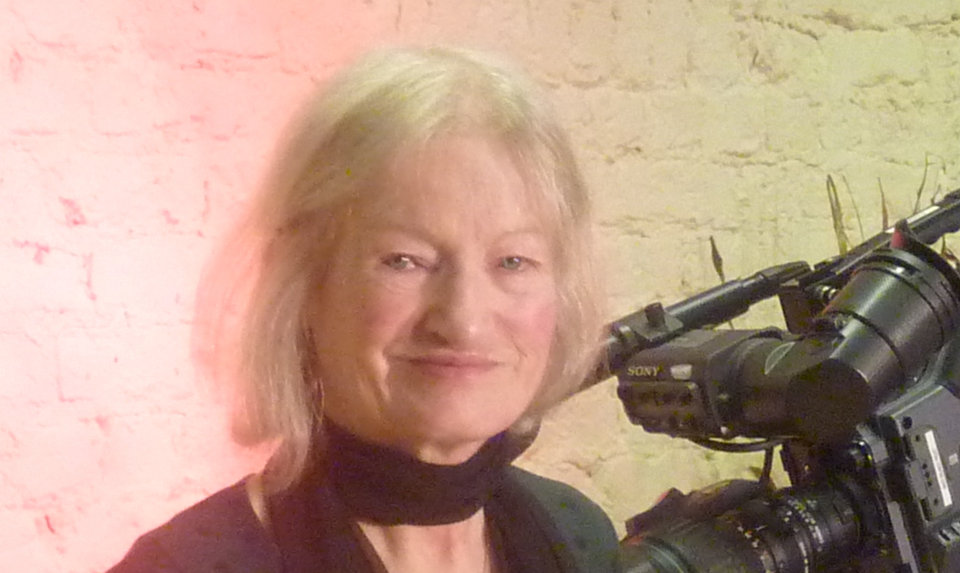Marie Breen-Smyth the Associated Dean International at the University of Surrey talks to Joe Friel.
Joe took part in a demonstration in what came to be known as the Bloody Sunday demonstration in Derry on 30th January 1972. Joe was shot by a British soldier. It was a near miss from death.
“Luckily enough I struggled on for a few yards because I was throwing up blood and shouting ‘I’m Shot!’…I was trampled on by God knows how many people running over me. A few brave ones actually stopped and carried me over into a house.”
It was during his brief stay in the house that Joe realised how serious was his injury. People began to recite the rosary as he lay on the floor.
Joe was taken to a British army post and they then took him to hospital. False allegations were made that Joe was carrying a gun.
“It was a source of great indignation to me. At the start of the Saville Enquiry they turned round and said, ‘we assume that all the dead and wounded were innocent with the exceptions of Joseph Friel and Gerard Donaghy.’”
“To me Bloody Sunday could happen again the only deterrent being, if you do the crime you do the time. That’s why I want prosecutions. Given the passage of time, memories are vague but it doesn’t matter. Nazi’s during the Second World War committed horrendous crimes… how many years later were they brought to court? Passage of time doesn’t matter.”
After 40 years and enduring the protracted and tense Saville campaign, Joe finally cleared his name and had his status as an innocent victim declared.
“To me the Bloody Sunday Justice Campaign was about truth and justice, we’ve got the truth, well, most of the truth, the soldiers didn’t tell the truth. Justice to me is the prosecution and that hasn’t come yet. Whether it will or not, I don’t know.”
Joe spent a few weeks in hospital but it was later on in life that he began to feel physical pain as arthritis began to develop in his chest.
“It’s a bearable pain in a sense that you live with it. The only time it gets severe is if I was to walk out in the cold, the pain is more. I think of myself as one of the wounded not one of the dead. I’m glad to be here, I went on to get married, have children, to have grandchildren. Half the ones from Bloody Sunday were 17, they never had a chance.”
Although Joe returned to work and tried to live as normal a life, the bombing of three separate offices where he worked and the murder of his sister in 1974 as result of the Troubles, brought him to breaking point.
“You think you’re coping at the time but you’re actually building it all up inside your head and until finally you just can take no more and that’s it. You explode.”
Joe talks about the severity of his panic attacks, which left him housebound.
“My wife will tell you. A few times when I was in town with her I took a panic attack. You want to be in the confines of your own home so I just didn’t go out so I was house bound for a long time.”
For his injuries at the hands of the British Army, Joe was awarded £700 compensation. He talks of how he wanted to take his case to court but felt lawyers and the justice system poorly represented him.
“I wasn’t represented at all because I never got a day in court. It’s not for the compensation, it’s to tell your story, that never happened.”
Commenting on the amount of compensation, “the amount didn’t matter, the principle mattered.”
Looking back on what should have been provided for victims of the Troubles, Joe feels that,
“We all should have been counselled after Bloody Sunday, but they hadn’t got those things in position then. I would say it would’ve been a big help had it been. The euphemism that is called the Troubles, to me, was a full-blown war. I just happened to be one of the victims of that war.”
This interview was supported by the WAVE Trauma Centre, University of Surrey and the Community Relations Council.




